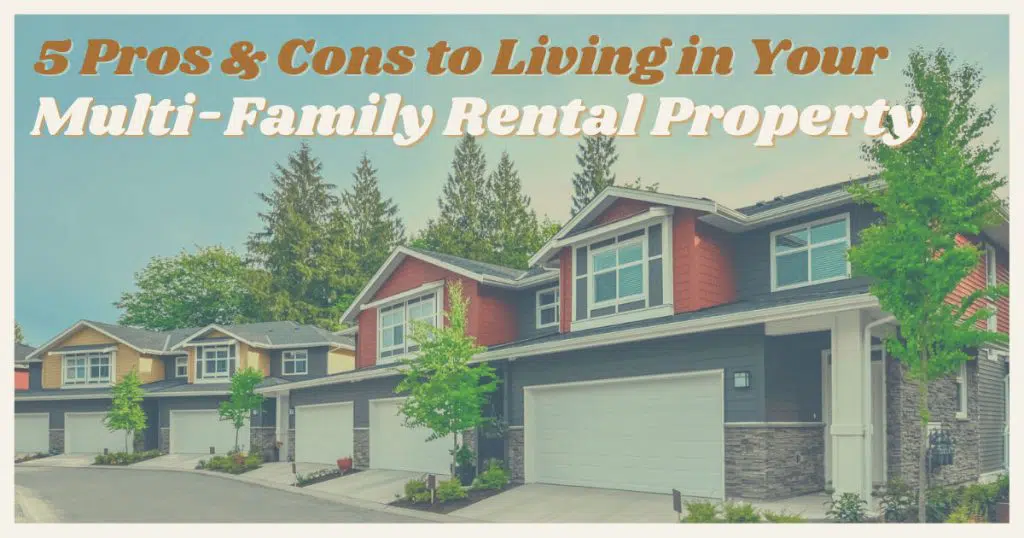
Buying a Home in an Age Restricted Community? Factors to Consider
 Age-restricted communities give seniors a quiet place to live in retirement. Understanding the benefits of age-restricted communities can help home buyers decide if these types of communites are right for them. If you’re a senior who is thinking about buying a home in an age-restricted community, here’s what you need to know.
Age-restricted communities give seniors a quiet place to live in retirement. Understanding the benefits of age-restricted communities can help home buyers decide if these types of communites are right for them. If you’re a senior who is thinking about buying a home in an age-restricted community, here’s what you need to know.
For informational purposes only. Always consult with a licensed real estate professional before proceeding with any real estate transaction.
Pros and Cons
Many seniors are attracted to homes in age-restricted communities because they like the peace and quiet that these communities provide. Other benefits of living in an age-restricted community include:
- Age-restricted communities enable seniors to live among peers, where they can develop relationships and form friendships.
- Living among friends can help seniors avoid feelings of loneliness and isolation later in life.
- Most age-restricted communities are mantained by an HOA, so seniors do not have to maintain their own home exteriors.
- These communities usually provide entertainment and services for seniors, to improve their quality of life.
- Often age-restricted communities are conveniently located near services that benefit seniors.
- Many senior communities are gated, and thus protect their residents from thefts, burglaries and other problems.
However, there are some disadvantages of these communities. For example:
- HOAs represent an additional expense for seniors on a fixed income.
- The more amenities a community provides, the more expensive it will be for residents.
- Some seniors may miss living among or near young people.
- Selling a home in an age-restricted community may take longer than it takes to sell a home in a standard neighborhood.
Seniors who decide to live in an age-restricted community must be prepared for the reality of life inside the community. To learn more about what it’s like to live in an age-restricted community, seniors can interview residents of the community where they’re thinking about living. Talking to residents can help seniors evaluate the quality of life, the happiness of the residents, and the culture of the community.
Get Started Early
Finding the right age-restricted community can take some home hunters quite a while, and even then, turnover within the community might be slow. To ensure they’re able to find someplace to live, some age-restricted community homebuyers will start their search years in advance. This is especially important for home buyers who are planning to relocate to a community that is out of state, since this makes the pool of possible communities much larger than they might otherwise be.
Budget for Life in the Community
Budgeting for everyday life is different in an age-restricted community. Living on a fixed income can be a big change for some people, as can paying homeowner association dues or in-home care. Budgeting for everyday life before making the transition to the age-restricted community can help the home buyer ensure that they will have enough money to live on once they relocate.
Find a Real Estate Professional With Experience
Shopping for an age-restricted community can be a little different than shopping for a new Anoka home in a more traditional neighborhood. It helps to work with a real estate agent who has experience looking for homes in an age-restricted community. Working with a real estate agent who has that kind of experience can help ensure that the buyer will go into the purchase with eyes wide open.
If you’re a senior who is thinking about retiring to an age-restricted community soon, talk to your real estate agent.
For informational purposes only. Always consult with a licensed real estate professional before proceeding with any real estate transaction.



